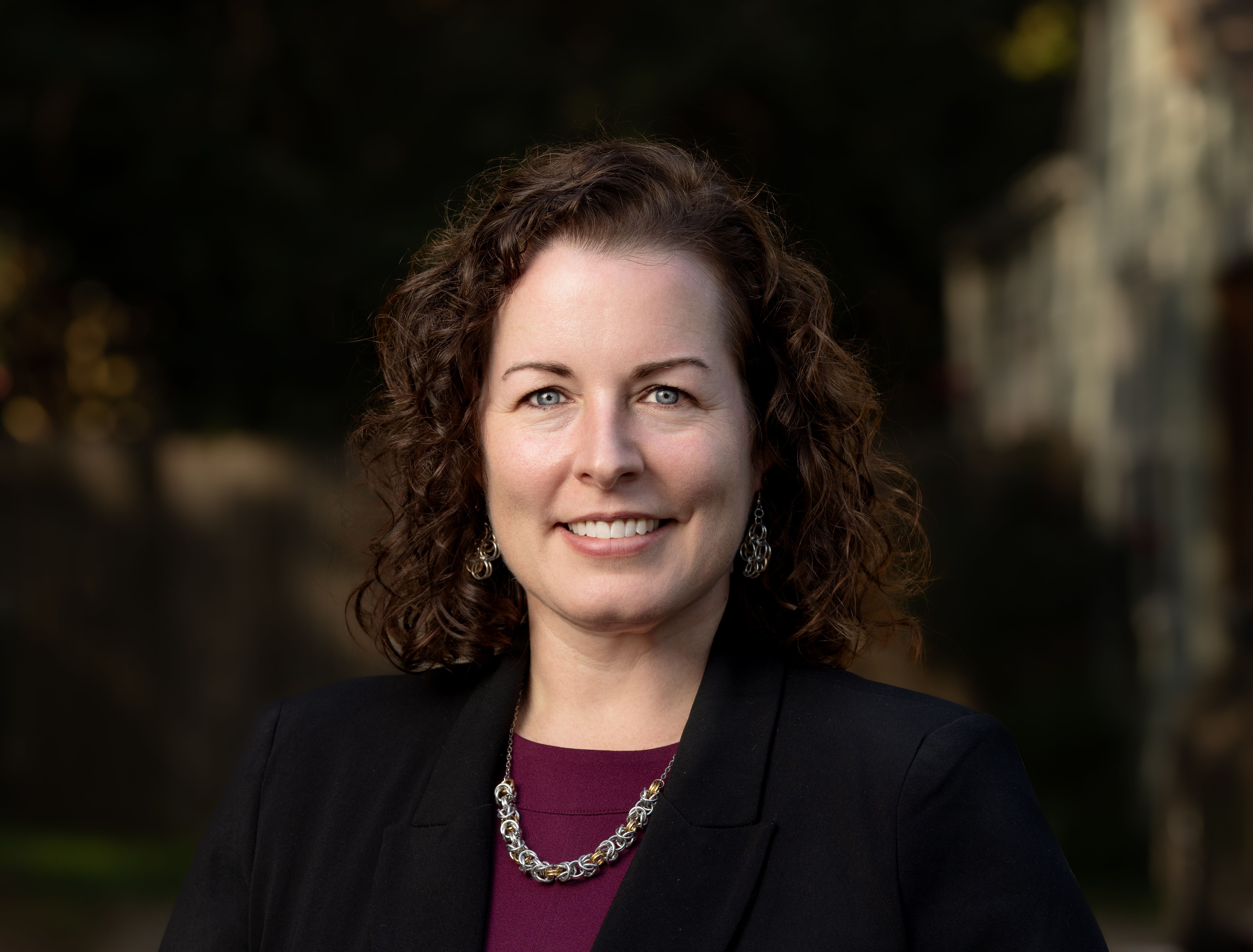The professor of psychology and assistant dean of Elon College, the College of Arts and Sciences, recently co-authored three peer-reviewed scientific journal articles that were supported by her funding from the National Institutes of Health.
Amy Overman, professor in the Psychology Department and neuroscience program and assistant dean of Elon College, the College of Arts and Sciences, recently published three peer-reviewed neuroscience articles that report findings from scientific experiments that investigated older and younger adults’ episodic memory.
The studies focused on differences in neural activity and cognitive performance between older and younger adults when they create and retrieve associations in memory. Co-authors on the papers included Ryan Monkman ’22 and several graduate student, staff and faculty collaborators from Penn State University. The research was funded by Overman’s 2016 grant from the National Institutes of Health (NIH), which was Elon University’s first award from the NIH.
Associative memory refers to the ability to link individual pieces of information together. For example, associating a specific name with a specific face or a medication dose with a time of day. Overman and her collaborators have been investigating how aging affects the cognitive and neural mechanisms of associative memory in order to determine how to improve memory performance. A consistent theme emerging from these studies is that age differences in associative memory are influenced by the way in which information is presented to older adults. This suggests that it may be possible to assist older adults’ memory by finding simple, yet powerful presentation strategies.
The recent findings are part of Overman’s systematic program of research on human memory processes. Overman’s scholarly work has been repeatedly funded by the NIH, as well as by the National Science Foundation and the Colonial Academic Alliance.
“External grant funding is essential to supporting Elon’s student-centered mission because it increases student access to being mentored in undergraduate research. For students with high financial need, external grant funding removes the barrier of being forced to choose between participating in the high-impact experience of research and earning pay at a job. Additionally, external funding supports professional conference presentations and summer research experiences,” Overman said.
As a teacher-scholar-mentor and principal investigator of Elon’s Cognitive Neuroscience of Memory & Aging (CNMA) Laboratory, Overman is dedicated to mentoring undergraduate students in conducting scientific research that advances the understanding of how the brain and cognition work. Overman’s mentoring of undergraduates in her lab fosters students’ sense of belonging, which she describes in a Frontiers in Psychology publication that was cited in “Relationship-Rich Education” by Peter Felten and Leo Lambert.
Overman’s recent articles are in the journals Brain Research, Memory, and Aging, Neuropsychology and Cognition:
- Ricupero, S., Carpenter, C., Steinkrauss, A.C., Gerver, C.R., Chamberlain, J.D., Monkman, R.G., Overman, A.A., & Dennis, N.A. (in press). Neural distinctiveness and reinstatement of hippocampal representations supports unitization for associations. Brain Research.
- Carpenter, C.M., Webb, C. E., Overman, A. A., & Dennis, N. A. (in press). Within-category similarity negatively affects associative memory performance in both younger and older adults. Memory.
- Dennis, N.A., Overman, A.A., Carpenter, C.M., & Gerver, C.R. (2022). Understanding associative false memories in aging using multivariate analyses. Aging, Neuropsychology, and Cognition, 29(3), 500-525.



